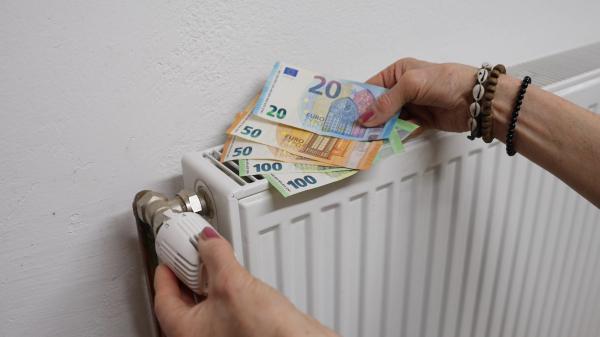
One of the key issues in identifying solutions to tackle energy poverty is related to their sustainability over time and the possibility of involving vulnerable households without creating a financial burden for them. One-shot solutions, such as welfare public-funded projects and government support, may help solve the issue for a few beneficiaries but are usually not self-sustainable in the long term and are applied top-down. Funds from governments or public institutions (grants, tax credits, incentives, etc.) are key in supporting initiatives to fight energy poverty. Still, several other options are available, including the involvement of market players (e.g. ESCOs) or exploiting opportunities from the new EU regulation on energy communities.



